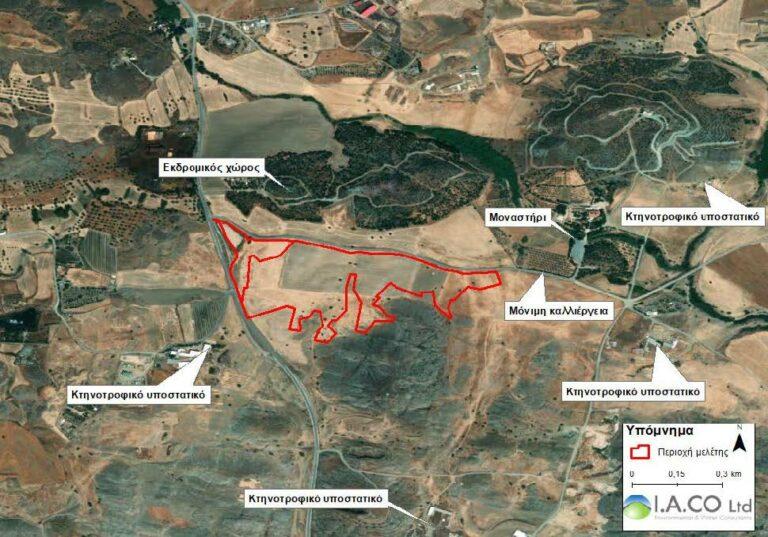On Monday 24th of February, the Department of Environmental Protection rejected an application to build a new photovoltaic farm near the village of Trulli in the Larnaca area.
As it turned out, the project did not pass the environmental impact assessment. The main reason was the negative impact on the environment, which experts said far outweighed the potential benefits of the PV park. The plant, with a total capacity of 11.67 MW and a 6 MW/12 MWh energy storage system, was to be built in the Natura 2000 site. However, due to the high ecological value of the area, the project faced strong opposition from campaigners.

In particular, the initiative raised concerns from environmental organisations and government departments:
- The Hunting and Forestry Departments expressed fears for the region's biodiversity.
- Conservation organisations BirdLife and Terra Cypria, as well as the Federation of Environmental Associations, said the project threatened key species of local fauna. The main concern is the disturbance of the habitat of hawks that nest in the area.
It is worth noting that not only environmentalists, but also local authorities and the local population opposed the construction:
- The Trulli Community Council and the Municipality of Aradippou refused to support the project.
- Representatives of the local church also spoke out against the project.
- Farmers, hunters and local residents said the project would damage traditional agriculture and the region's natural resources.
After considering the environmental risks, the authorities decided not to authorise the construction of the solar farm in Trulli. This case highlights the importance of striking a balance between the development of renewable energy and the preservation of unique ecosystems.
